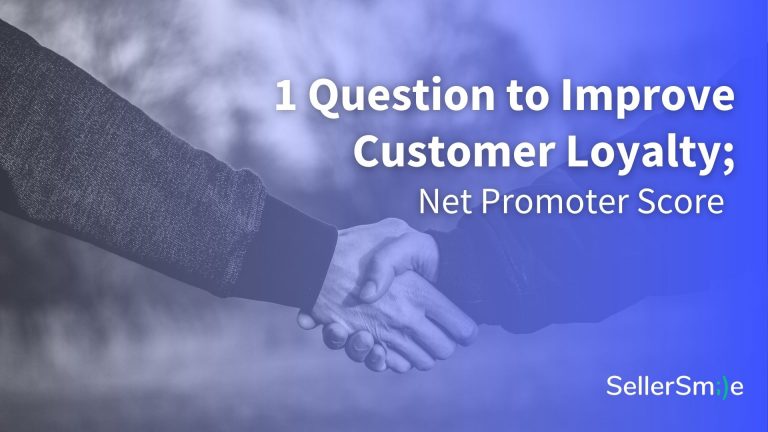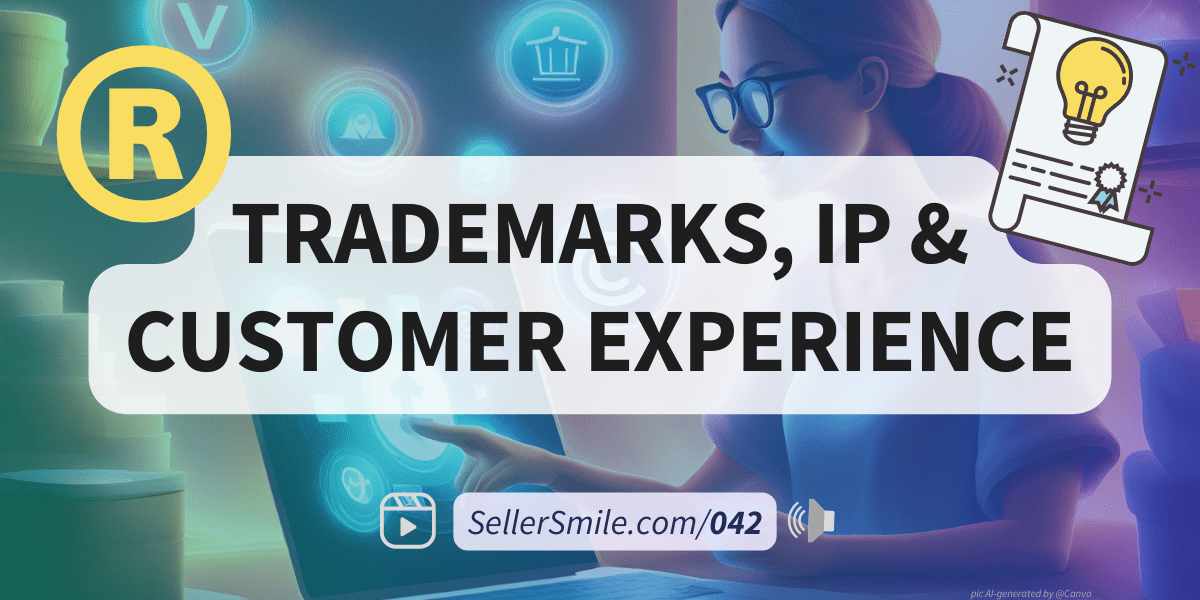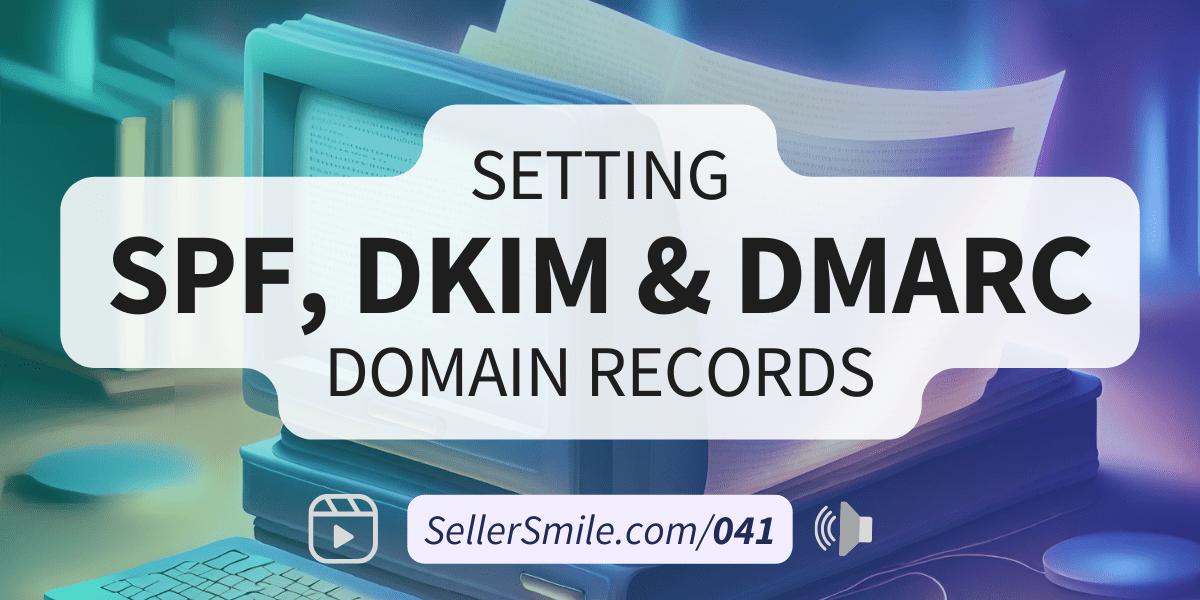“How likely are you to recommend us to a friend or colleague?” That’s it! That’s the one question you need to ask to measure and improve your customers’ loyalty.
Let’s dive in to understand the context behind this question, and then show you how to use this question to improve your business and start winning the loyalty of your customers.
Ask this 1 question to improve customer loyalty: "How likely are you to recommend us to a friend or colleague?"
What is Net Promoter Score?
Net promoter score (NPS) is considered perhaps the highest standard of measuring customer loyalty and it exists within the Net Promoter System.
The NPS score is a simple numerical value associated with the recommended ability of your product or service. Scores are measured with a single-question survey and reported with a number from -100 to +100, the higher the score, the better.
This score and system were created in 2003 by Bain and Company, a global management consulting firm (source), with the tagline, “Create a culture that earns the passionate loyalty of your customers and employees.”
How is NPS used today?
NPS is used by thousands of companies across industries and fields and there are a variety of applications.
Next time you’re shopping, pay attention to the communications with the company after your purchase. If you receive a follow-up survey that asks how likely you’d be to recommend the company (or a similar question), there’s a good chance the company is using your response to build their own net promoter score.
For recent news and updates about NPS, there’s a podcast hosted by Rob Markey of Bain, “The Net Promoter System Podcast” centered around the Net Promoter System and wider topics in leadership, loyalty, and customer experience.
"Create a culture that earns the passionate loyalty of your customers and employees."
Bain and Company Tweet
Measure your NPS in 3 steps
The most important aspect of measuring anything is to make sure you’re capturing the truthful and intended signal. This means that your results are captured in a reliable, unbiased way.
#1 - Ask your customers
First, send a survey question to your customers after receiving goods or services, “How likely are you to recommend our [product or service] to a friend or colleague?”
^ Make sure the edit that to read, “product” or “service” and not both.
The simplest way to ask this question is through text, like an email or chat conversation. If you’re on the phone, read the question aloud to the customer and use their reply to dig deeper.
If you have a Shopify store, there are several options that help merchants measure NPS. Search “NPS” in the Shopify app store.
#2 - Record their responses
Second, the customer responds according to the survey by choosing a number on the scale from 1 (least likely to recommend) to 10 (most likely to recommend).
Save the number of their response. A Google/Excel sheet or even a piece of paper will work great!
NPS Scores:
- 6 or below = “Detractors”
- 7’s and 8’s = “Passives”
- 9’s and 10’s = “Promoters”
#3 - Analyze the data
Subtract the number of detractors (Respondents submitting a score of ≤6) from the number of promoters (Respondents submitting a score of ≥9) and divide by the total number of responses (All scores).
Example: (80 “Promoters” – 10 “Detractors”) / 100 total customer responses = 79.9 (nps).
How do you know if your NPS score is good or bad? >>> What is a Good Net Promoter Score? (2021 NPS Benchmark).
How to improve your NPS Score
There are a variety of ways to increase your Net Promoter Score. While “customer loyalty” may differ from “customer experience”, it’s reasonable to assume that a better experience will yield greater loyalty; they go hand-in-hand.
If you’re not consulting with Bain directly, here are a few ideas to get started:
If your NPS score is bad:
- Ask open-ended follow-up questions from detractors, that inquire why they selected that particular rating, then review those responses for insights.
- Adopt a customer-centric approach with your product or service. Craft a generous, smooth experience in all areas: browsing, checking out, returns, etc.
- Generally, and across industries, a good experience is fast, easy, complete, and friendly.
- Focus on patterns from survey responses. Look for scores to improve after you’ve addressed or fixed the root causes your Detractor’s references.
If your NPS score is good:
- Celebrate and strengthen your current systems. Know what is working and do more of it.
- Plan for the future. What is the next experience or episode to prepare for? Usually, it’s the next product release or the new feature.
Net Promoter Score can be an effective way to monitor your customer loyalty over time. As your business changes along with customer expectations, your Net Promoter Score and the factors that affect it may fluctuate. Be ready to adapt and innovate.
Conclusions and opinions about Net Promoter Score
Net Promoter Score might be a useful metric to incorporate into your business processes. It allows you to track customer loyalty over time, compare your scores against others in your industry, and receive real feedback from your customers.
At a minimum, having a conversation with your customers is good advice. Keep it simple. Follow-up with them often so you never lose sight of how and why their loyalty might be changing.
Like with any system, drawbacks, and weaknesses exist. Be aware, review the “Criticism” section on the Wikipedia page for Net Promoter Score.
Let SellerSmile help improve your customer loyalty
SellerSmile is a small group of experts in e-commerce and customer service. We’ve seen almost everything. Schedule a call with SellerSmile today! Let’s discuss how we can help improve your online store’s experience to win more of the hearts and minds of your customers.
Net Promoter® and NPS® are registered trademarks and Net Promoter Score and Net Promoter System are trademarks of Bain & Company.



